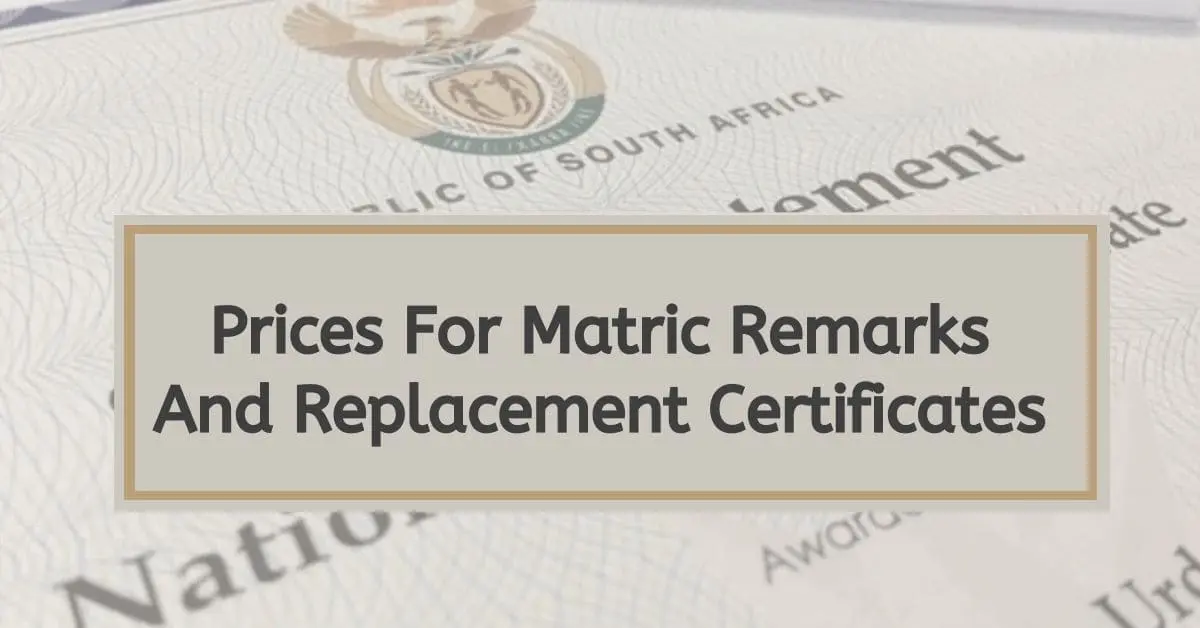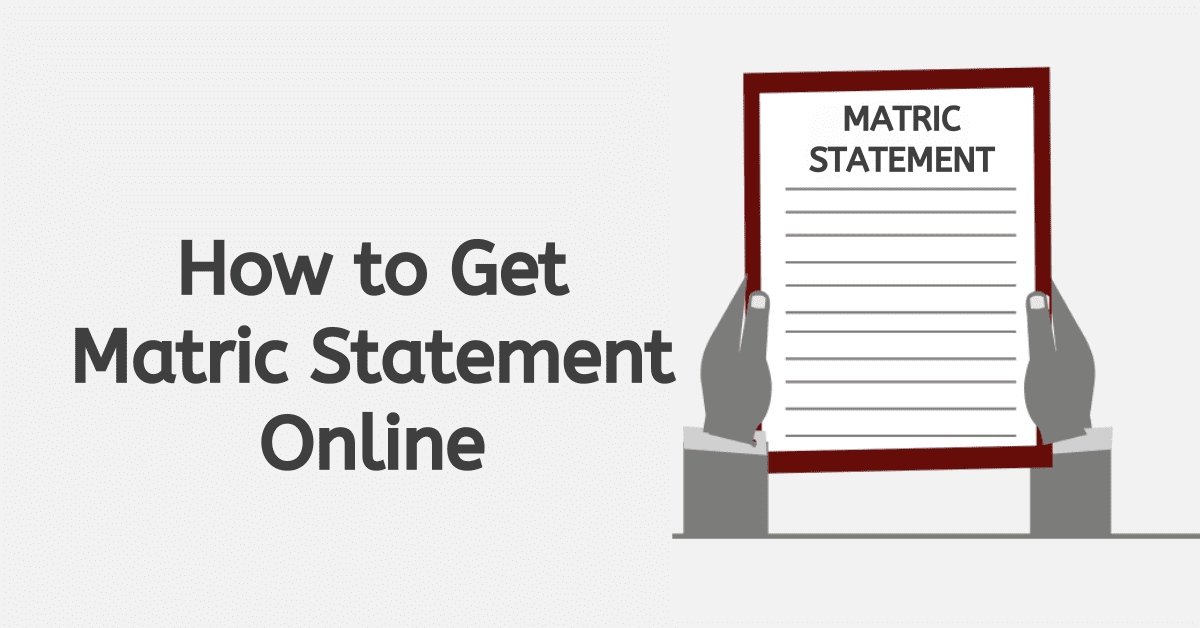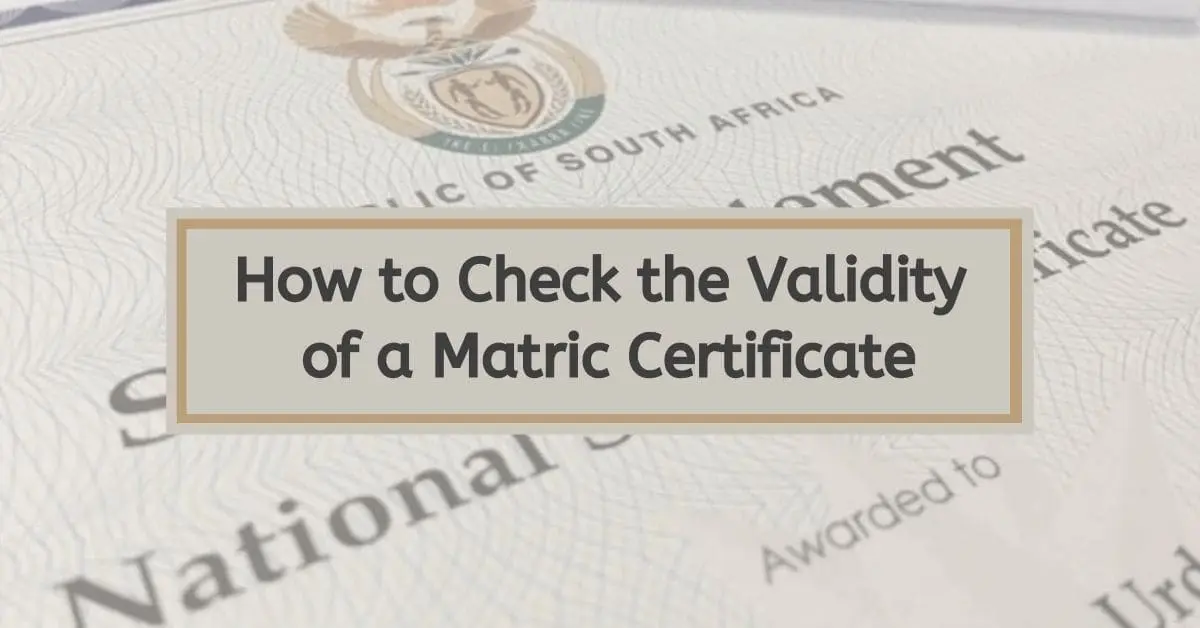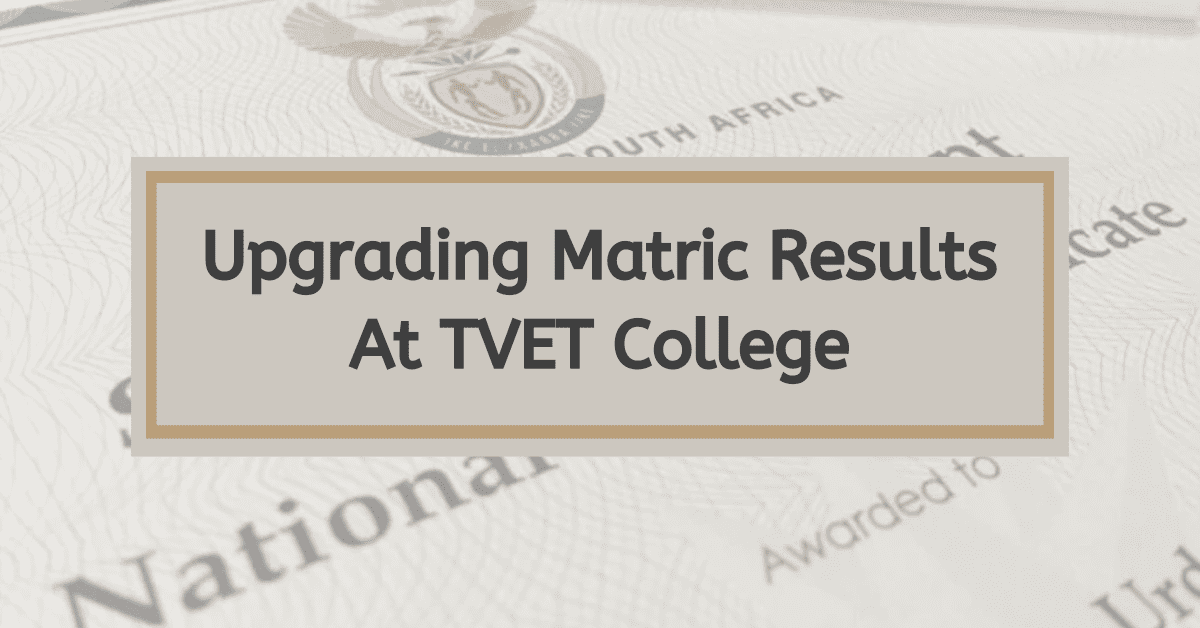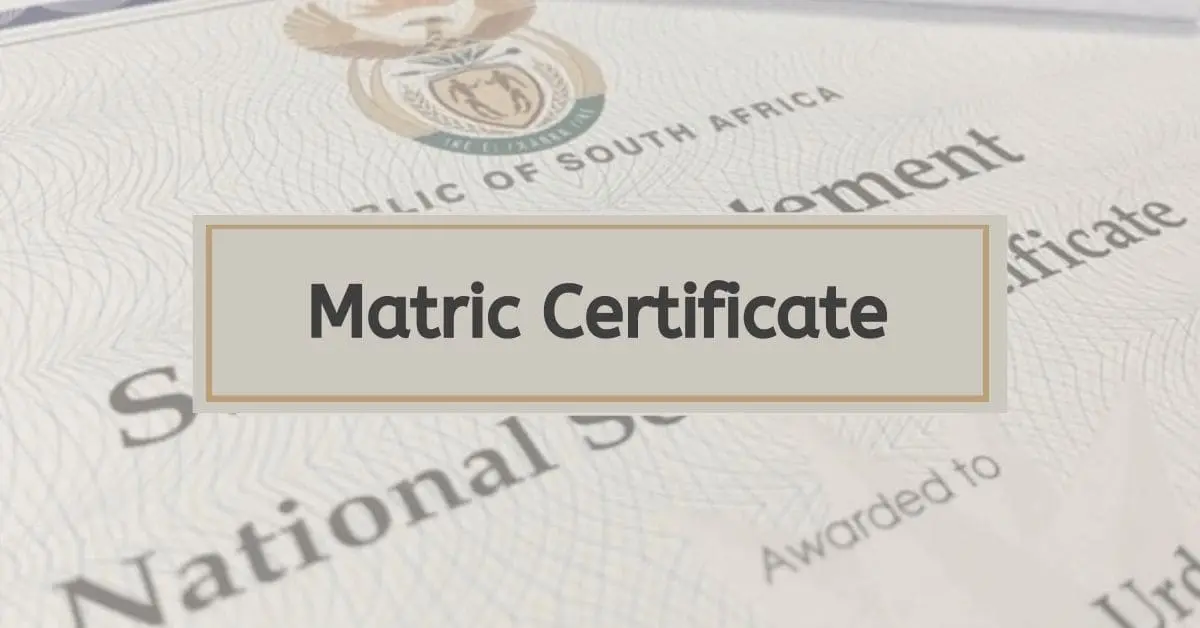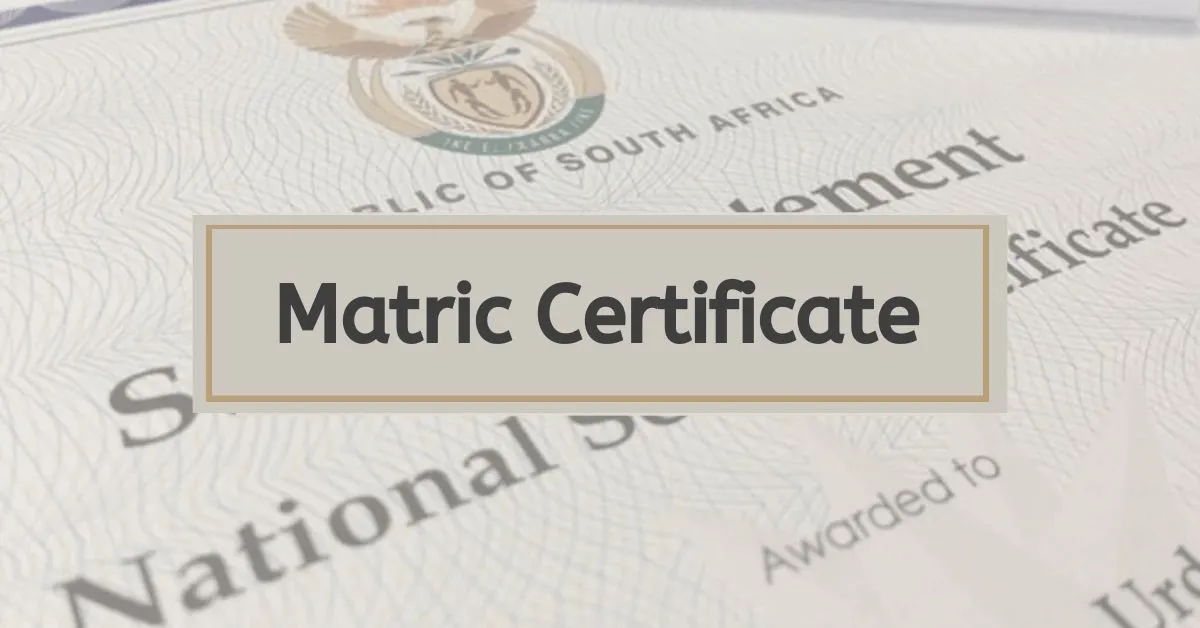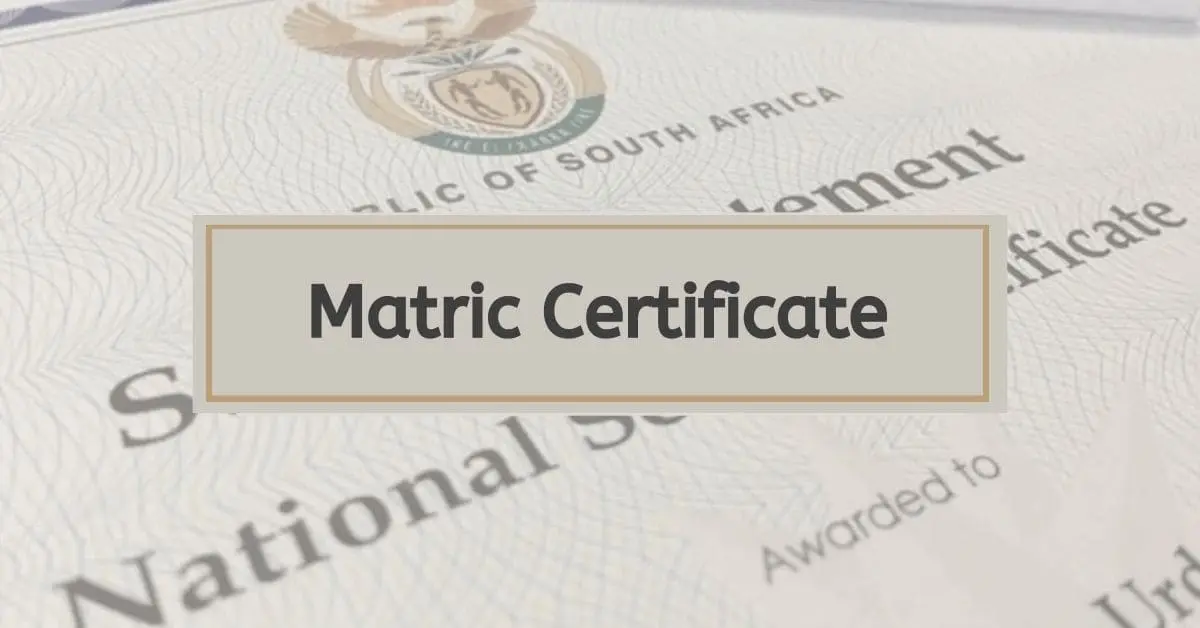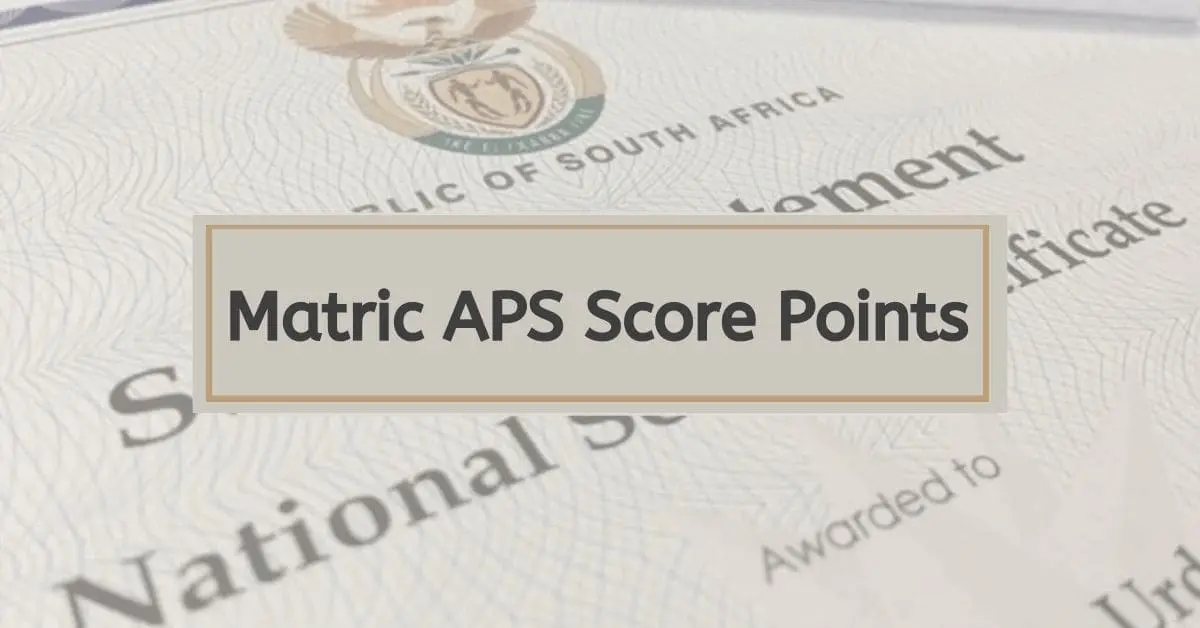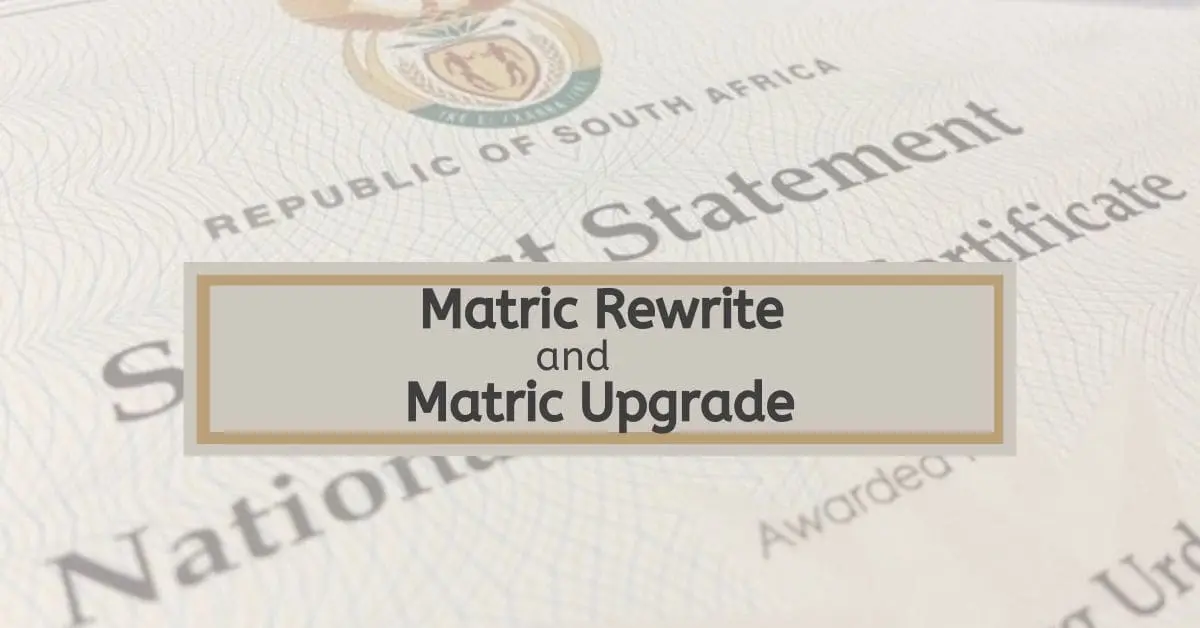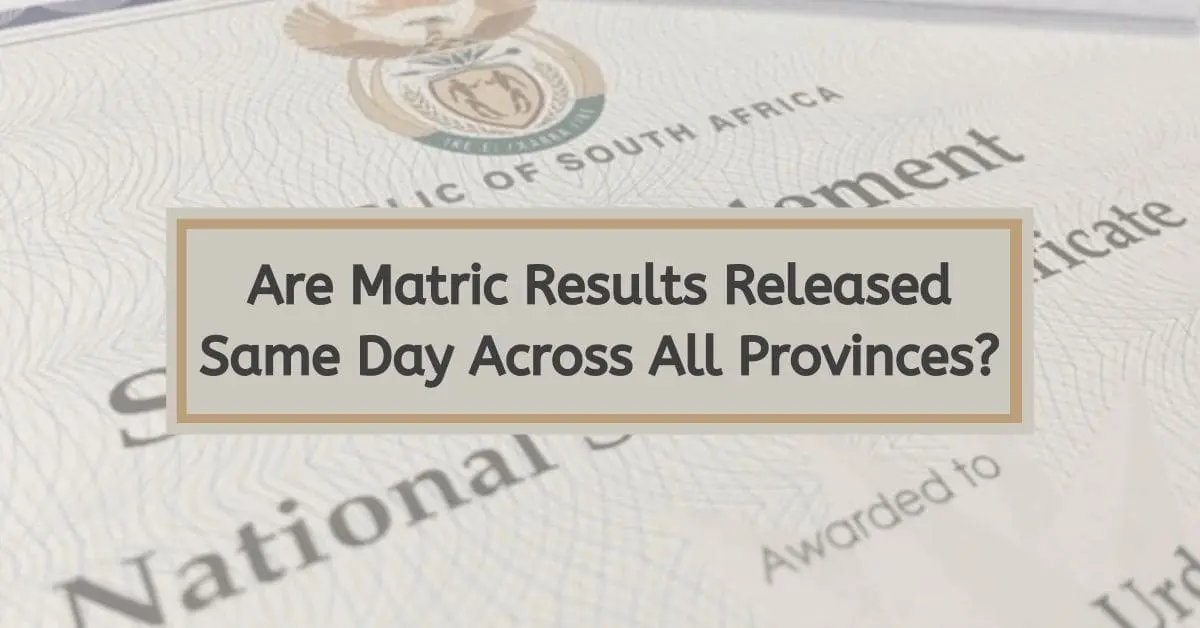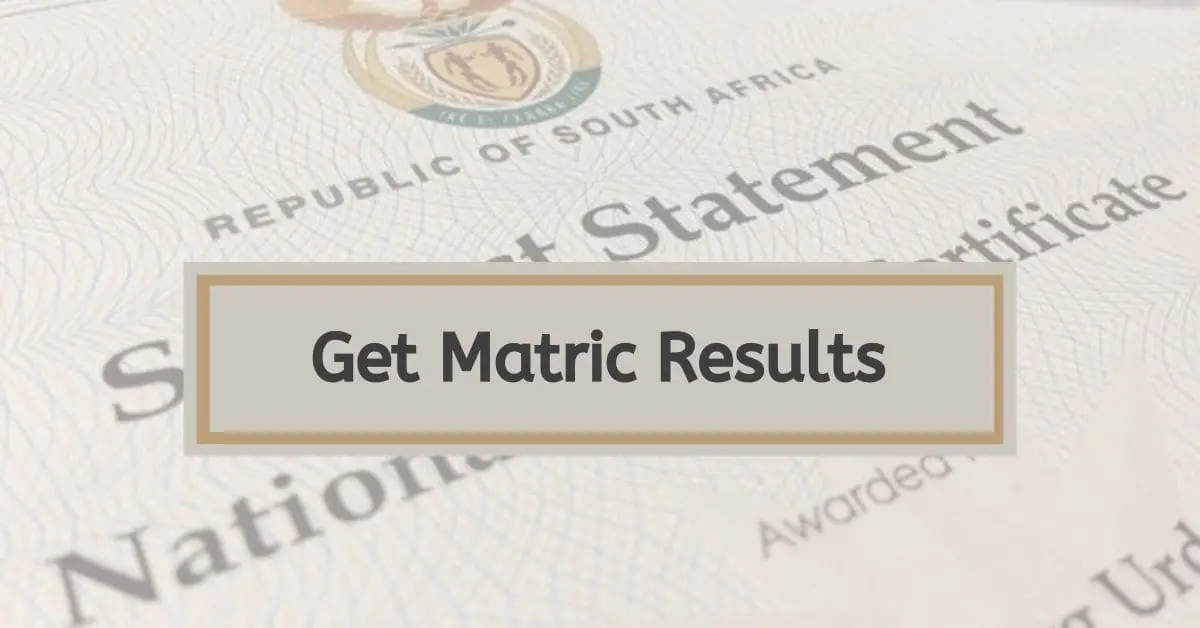The low results in examinations do not only affect the individual or students but reflect the effort of teachers and the educational system.
In South Africa, the matric results give more light on educational growth and achievement.
Once low results are mentioned in the matric results, it casts a long shadow on the prospects of these students. The question of whether these students can get admission or a course becomes a hot topic.
In all these, the consequences go beyond what happens in that individual’s life but also affect the nation as a whole.
Low matric results hinder many chances that may be available for students who have completed their matric. It becomes a struggle for students to even keep up and progress since there is a huge limitation on their acceptance into the university.
But what happens if one gets low results? Is there hope for that individuals? Are there options available?
In this blog post, we will look at how low results affect students, the consequences, and the options available for students who get low results.
What Can I Study With Bad Matric Results?
In our world now, we learn to unlearn, and it is important for every student to prepare ahead of exams. There are cases where things do not go as planned and bring a lot of disappointments on the faces of students.
But when a students get low results, the question that comes to mind has to deal with the possibility of studying with that low results.
Getting low results does not mean the end of the world, although it is a requirement for students looking to advance in their education and excel in their matric results, but things can turn around a bit.
If you find yourself with low results, there are many options that you can consider.
The first option is to take the exams again. In this instance, students can register for an upgrade or rewrite. This option is available for students who want to better their results. If you get low results, you can use this option to better your grades.
Secondly, students with low results can try other tertiary institutions like TVET and colleges. There are so many courses within these institutions that could equip you to advance well in your academic and general knowledge in your career life.
Students with low results can also venture into minor professions to gain experience and later apply to universities using their work experience. This option is considered to be a recognition of prior learning.
Having low results can bring down your energy and your soul, but it can not be the overall determinant of your life.
How do you deal with low scores?
When it comes to addressing low scores in South Africa’s matric exams, it’s important to take a proactive and strategic approach. First, it’s important to recognize and acknowledge your feelings and frustrations but try not to dwell on them too much. It’s important to remember that setbacks are a normal part of life, and they don’t determine your true potential. Take some time to reflect on your areas of weakness in each subject and then prioritize them based on both your proficiency level and the weightage they carry in exams. If you have any doubts or need a better understanding, don’t hesitate to reach out to your teachers, tutors, or even your peers for help. They can provide valuable assistance and support.
Please take the time to review your exam and go over the questions that you answered incorrectly. I suggest you make an effort to recognize any recurring patterns in the mistakes you make. Did any particular topic or type of question give you trouble? This analysis can be useful in identifying areas that may require improvement.
Make sure to keep a positive attitude as you work towards improving yourself. Have faith in your capacity to learn and develop.
Which marks do universities look at?
This is one of the most common questions asked among applicants seeking admission into the university. Most of these institutions look at your APS score when it comes to the university requirements.
The APS score is one of the main prerequisites that every student or applicant must know. This will help you understand where you fall regarding admission and course.
There are instances where universities may want to look at the overall score of the subjects you wrote in high school. These instances occur among competitive courses and also when there are scholarship opportunities available.
It is important to understand that your APS score is the first mark that will be checked upon applying to the university and submitting supporting documents.
What is the lowest acceptable grade?
The grading part of the exams indicates your actual score or performance in a subject. The grade ranges from A to F, and these are used to determine the achievements of students. It has become a standard in the South African university, where most institutions use grading to check the eligibility and performance of students.
The lowest grade is getting a G in a subject, but normally, universities accept grades as low as an E which is considered a minimum of 40% of your subject score.
If you are planning to go to the university, it is important you do a check on the university you want to attend. Checking that university will give you an idea of their demands and details when it comes to acceptance.
While some universities may consider a grade as low as 40% (D), others may also consider it as low as 50%.
The lowest acceptable grade is not uniform among the universities in South Africa, and therefore, due diligence must be done before putting in your application.
How to get into a university with low grades in South Africa?
If you have low grades and wish to attend a South African institution, be strategic and dedicated. Start by researching universities with programs that match your interests. Consider institutions with more lenient entrance criteria. I propose contacting their admissions offices to learn more about their procedures for low-grade applicants.
Consider bridging or foundation courses. These courses can improve your academic profile and demonstrate your readiness for college. These classes may also help you grow academically.
Appealing your university application or requesting an interview with the admissions secretariat can also be an option, as this will help you present your ambitions and vision to the board.
There are also chances where you can submit a motivational letter detailing why you should be considered for the university despite your low grades. The letter should be able to explain and delve into your passion, commitment, and experience, if there is any.
Considering these various suggestions can help you get into a university with low grades.
